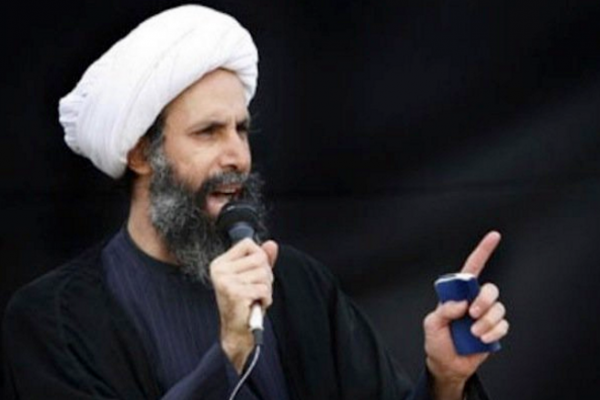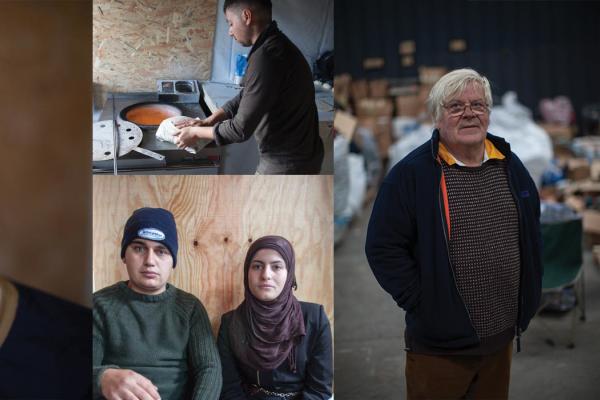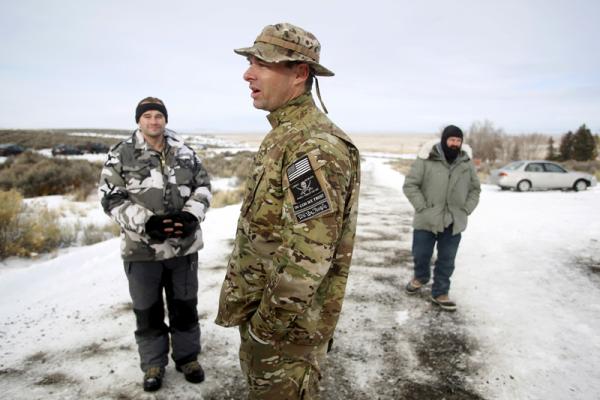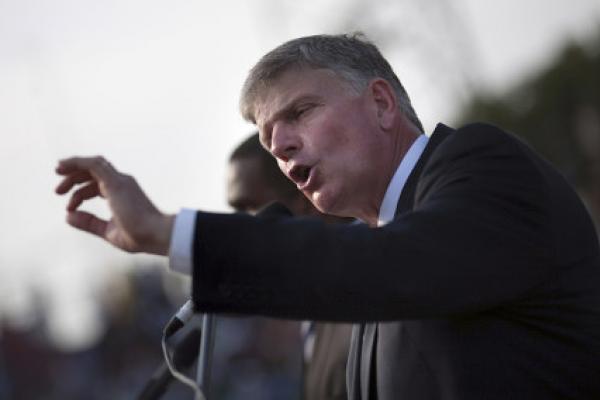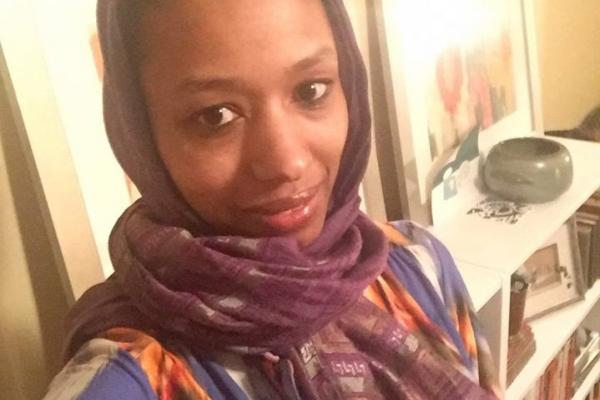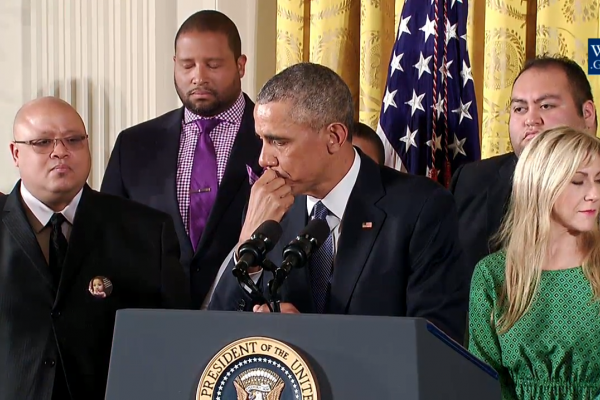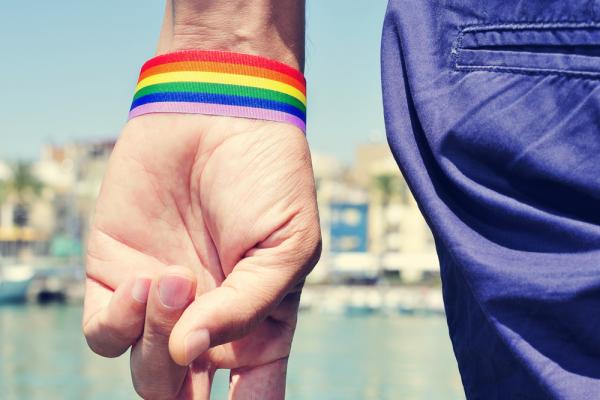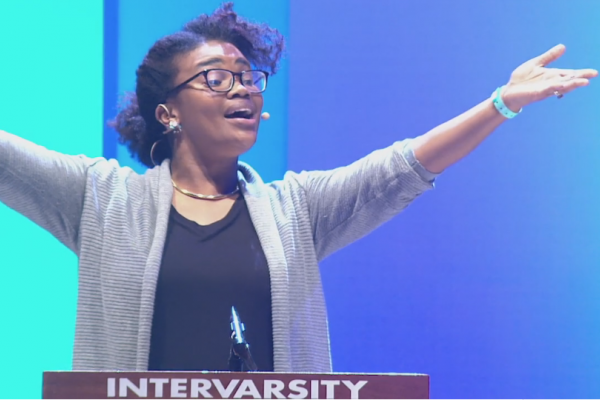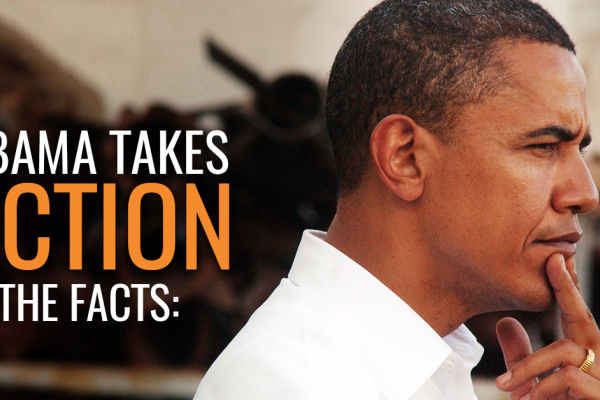There is a definite pattern of revenge to this story, but it has nothing to do with God. As René Girard has taught us, revenge is human, not divine. Girard claimed that humans are mimetic — and we are particularly mimetic when it comes to violence. Humans imitate violent words and actions, passing them back and forth. But violence escalates because each side in a conflict wants to deliver the final blow. In this sense, the Saudis and the Iranians are just like the majority of human beings.
The turn of each calendar year is often filled with an influx of charitable giving, much of which intends to assist those far beyond the borders of the United States. As rigorous debates surround the ethics and oversight of such foreign assistance endeavors, one of the more innovative contributions to this important conversation was produced by South Africa's renowned theologian, the late Steve de Gruchy. In consideration of the Magi and their Epiphany visit with Joseph, Mary, and the newly born Jesus in Matthew 2:1-12, de Gruchy offers a striking interpretation of the biblical text and considers its direct relationship with international relief efforts. As private giving directed to foreign aid continues to grow ( from $8.4 billion in 2000 to $19.1 billion in 2012 ), de Gruchy shows how benevolent intent can lead to oppressive impact, and Epiphany provides important wisdom to navigate the complexities of our policies and practices.
The Jungle is an informal camp for refugees in Calais, France. It currently houses nearly 7,000 people who live under tarpaulins and in tents. They are fleeing war-torn areas, economic collapse, and climate change in countries like Syria, Iraq, Afghanistan, Palestine, Sudan, and Ethiopia. There is no drainage in the camp, so when it rains it is a mudbath, there are a few toilets and standpipes.
The journey to The Jungle camp has been dangerous and exhausting for most of them, and new arrivals have often worn out their shoes walking across Europe, some have lost so much weight they need a new size of clothing when they arrive. People arrive traumatized and afraid.
SALT LAKE CITY — The Church of Jesus Christ of Latter-day Saints, which prides itself on being law-abiding, is seeking to distance itself from self-styled militiamen who last weekend seized a federal wildlife reserve in southeastern Oregon.
In a statement released Monday, the LDS church condemned the armed seizure of the facility and said it was “deeply troubled” by reports that the militiamen are doing so based on scriptural principles.
Evangelist Franklin Graham kicked off a “Decision America Tour” on Tuesday in Des Moines, Iowa, urging evangelical Christians to pray about the upcoming election and vote for candidates of any party who agree with their biblical values.
“Our moral walls and gates are down,” said Graham, standing before 2,600 people at the state’s gold-domed Capitol. “Any type of wicked thought and activity can come and go and our educators and our politicians and our churches seem many times to be more concerned about political correctness than God’s truth and his righteousness.”
Wheaton College suspended Larycia Hawkins, professor of political science, on Dec. 15 after she said Christians and Muslims "worship the same God." Hawkins' primary purpose was to announce that she would wear hijab during Advent to show her solidarity with Muslims in the United States facing persecution.
Now, according to a statement released Jan. 5, Wheaton Provost Stanton Jones delivered to President Philip Ryken a "Notice of Recommendation to Initiate Termination-for-Cause Proceedings regarding Dr. Hawkins."
President Obama's eagerly anticipated announcement about his executive action regarding gun violence was a rare emotional speech for the president. Read the full text of what he said here.
An influx of requests from Christian universities for the right to discriminate on the basis of gender identity have flooded the Department of Education. As many as sixty Christian schools have submitted requests for Title IX waivers since 2014, when the Department of Education announced their protections were inclusive of transgender students. Before this clarification, only a handful of universities had asked for such waivers in the 40-plus years since Title IX was established in 1972. But the decision to extend protections to transgender students has prompted dozens of Christian schools request these waivers.
I, along with my colleagues Leroy Barber, Dominique D. Gilliard, Mae Cannon, Micky Jones, Dr. Soong-Chan Rah, and Dr. Brian Bantum, were struck that InterVarsity had made a bold and unique move among modern evangelical non-advocacy-based parachurch organizations. I served on staff with InterVarsity for 10 years from 1995-2005. For five of those years, I served as director of racial reconciliation in Greater Los Angeles. In my last year, I served as racial reconciliation specialist for Southern California. In all those years, most of the organization’s focus was on the reconciliation of cultures within their own communities. In some instances, InterVarsity even dared to address the structural and systemic injustices within its own organization. Occasionally, a campus chapter would respond to a racist incident that occurred on campus. But never before had InterVarsity issued a public statement in support of structural and systemic racial justice in the broader society.
The White House released the details of President Obama's latest executive action on Jan. 4, and the eagerly expected announcement will be suffixed by a live town hall meeting on gun control at 8 p.m. Thursday at George Mason University in Fairfax, Va. While some are lamenting that the actions don't go far enough, the measures will tighten up existing laws.
The plan is divded into four topics: background checks, community safety, mental health, and gun safety technology. Here's what you need to know about each.
